
Prof. Pierre Asselin - Professor of History and Dwight E. Stanford Chair in U.S. Foreign Relations at San Diego State University (Photo: WAJ)
WAJ: Looking back at 1945, in your view, what were the main factors that prevented Vietnam and the United States from establishing peaceful relations, despite the opportunities at that time?
Prof. Pierre Asselin, Professor of History and Dwight E. Stanford Chair in U.S. Foreign Relations at San Diego State University: I think that after WW2 Mr. Ho Chi Minh and the United States followed different worldviews and ideologies, and that prevented them from continuing the relationship that had developed in 1941–45. As the Americans sought to make the world safe for capitalism and free trade, Mr. Ho Chi Minh and Vietnam embraced the ideal of world revolution to make the world safe for socialism
Each believed in a different and competing vision of the postwar order. Essentially, the onset of the Cold War and the emergence of two camps (capitalism vs. socialism) made them rivals and prevented them from sustaining friendly relations.
WAJ: If that missed opportunity for peace in 1945 had been seized, how do you imagine today’s Vietnam–U.S. relations would be different—not only politically, but also culturally and socially?
Prof. Pierre Asselin: I don’t think there was truly a missed opportunity. The alliance in World War II was one of convenience, built on the fact that the U.S. and Mr. Ho Chi Minh’s movement faced a common enemy: fascism. Just as the U.S. and the Soviet Union went from friends to rivals after the war, the same happened with Vietnam, because their guiding principles were fundamentally different. When Mr. Ho Chi Minh quoted from the American Declaration of Independence, it was a strategic appeal to win U.S. support against the return of France. After the war, he was inclined toward cooperation with the Soviet Union because their ideals aligned closely with his own.
Since 1930, Mr. Ho Chi Minh and his Party had held firmly to three principles: national liberation, national reunification, and socialist transformation. Each was uncompromisable. As the U.S. and the USSR became adversaries after 1945, the relationship between Vietnam and the U.S. also cooled due to ideological differences. Many people today in both countries fail to recognize this essential reality.

Prof. Pierre Asselin delivered a lecture and presented his book at an international conference at USSH, VNU Hanoi, August 2025. (Photo: WAJ)
WAJ: In your research, what do you see as the key factor that led to the missed opportunity for peace?
Prof. Pierre Asselin: It was not about a single person, but about ideas and ideologies. Without the Cold War, perhaps Vietnam and the U.S. might have had a chance at friendship. But the Cold War began in 1945 and lasted until 1990–91. Vietnam’s history after World War II can only be understood within that context. Without it, the story makes little sense.
WAJ: From a comparative historical perspective, do you see similarities between Vietnam’s case in 1945 and other nations that also missed the chance to establish peaceful relations with the United States?
Prof. Pierre Asselin: Vietnam is unique in many ways because Mr. Ho Chi Minh and the movement he led were unique. Very few countries after 1945 had a leadership so single-mindedly devoted to specific goals, especially in the non-Western world. Mr. Ho Chi Minh and his Party always knew what they wanted, and they never deviated from that. This clarity was the foundation of their success, but it also meant Vietnam faced enormous challenges from 1945 to 1991. The closest parallel was China, with which Mr. Ho Chi Minh’s movement maintained close relations between 1949 and 1968.

Prof. Pierre Asselin (in blue suit, center) with Vietnamese and international scholars at the international conference hosted by USSH, VNU Hanoi, August 2025. (Photo: WAJ)
WAJ: What message would you like to share with young Vietnamese today when reflecting on the story of 1945, in order to draw lessons for future international relations?
Prof. Pierre Asselin: The history of Vietnam–U.S. relations during the Cold War is a sad and tragic one. The younger generation should not dwell too much on that past, but instead look toward the future, which offers promising opportunities for cooperation. At the same time, they should never forget the past—if only to better appreciate what they now have, and above all, the sacrifices that earlier generations made so that Vietnam could enjoy peace and prosperity today.

View of the international conference at USSH, VNU Hanoi, August 2025. (Photo: WAJ)
For Prof Asselin, the story of 1945 is less about a missed handshake and more about the weight of ideas that carried nations into opposing camps. “The history of relations between Vietnam and the U.S. during the Cold War is a sad and tragic one,” he says. “But today, young Vietnamese should look forward, not backward—while never forgetting the sacrifices that made peace and prosperity possible.”
Hanoi, August 2025
PROMOTED
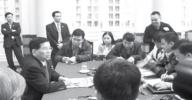
Culture is the key to everything. Culture, after all, governs all areas. In my opinion, our resistance against foreign invaders, after all, culture has decided everything: will, stubborn tradition, national solidarity.
WAJ- The Vietnamese delegation collaborates with the World Police Taekwondo Federation
- Golden Autumn Fair 2025: Connecting Trade, Showcasing Excellence, and Elevating Global Products
- Federal Chancellor Olaf Scholz visited the Vietnamese capital Hanoi
- Ambassador Hans-Peter Glanzer: I would like to be perceived in the end, somebody also has deep sympathy for your country and for your people
- The Growth of Vietnam's Economy Opens Up Opportunities for German-Vietnamese Economic Cooperation
- Australia supports carbon markets partnerships in Vietnam
- Asia day 2024 a successful day in Vienna
- OSCE’s role in bridging regional co-operation to tackle security implications of climate change at heart of high-level conference
- Young translator conquers the ancient Greek classic Anabasis – Memoir of the Persian Expedition
- Austria news - Usama Nosshy channel covers Asean's 55th anniversary celebrations at the United Nations in Vienna
- VietnamPlus Newspaper reported about ASEAN's 55th anniversary at the United Nations in Vienna
MOST VIEWED
-
1
Taekwondo - a mission to connect global strength

-
2
ENTREPRENEUR PHAM NGOC CHU: “TRUST IN THE YOUNG VIETNAMESE ENTREPRENEURS IN EUROPE”

-
3
TALKSHOW HUNG KING’S 70: THE MOSAICS OF THE KING XXI

-
4
VIETNAM PROPOSES SOLUTIONS TO IMPLEMENT THE JOINT DECLARATION OF THE G7 SUMMIT ON ENVIRONMENTAL PROTECTION

-
5
The Prince (Dover Thrift Editions)

The two Kings Philippe and Van der Bellen havedifferent backgrounds, one is of royal origin, and the other is a child of a refugee family (once of noble origin) but now, in the eyes of the European public, both of them are giving off a sense of courtesy, virtue and erudition.
WAJWith the attendance of many international figures, the 80th anniversary of the end of World War II was celebrated at the United Nations headquarters.
Journalist Usama Soliman

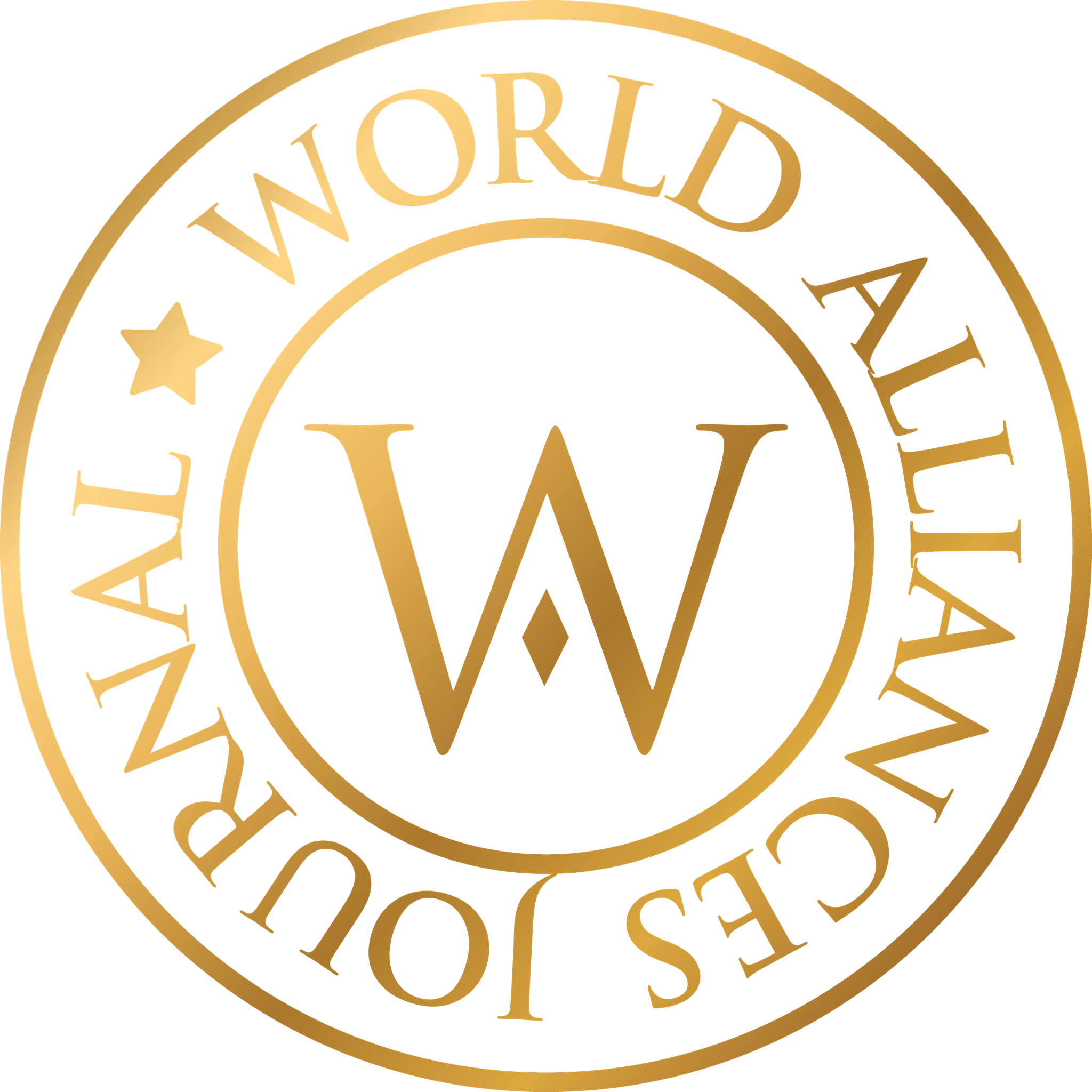
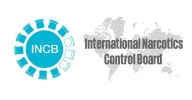
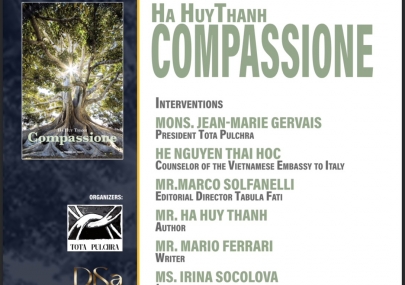
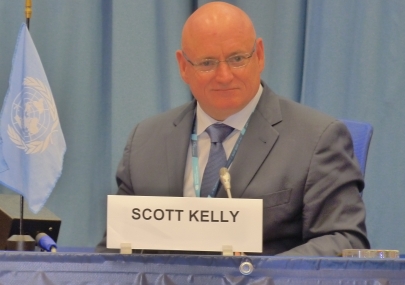
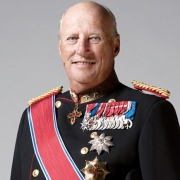
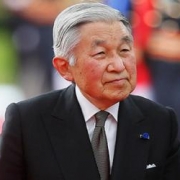
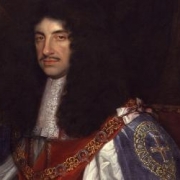
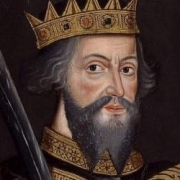


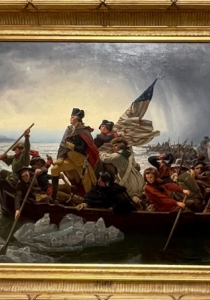
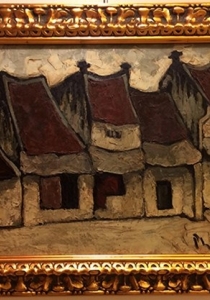
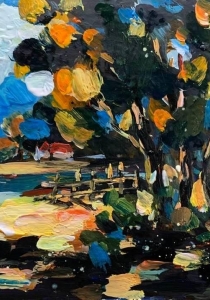
Comment